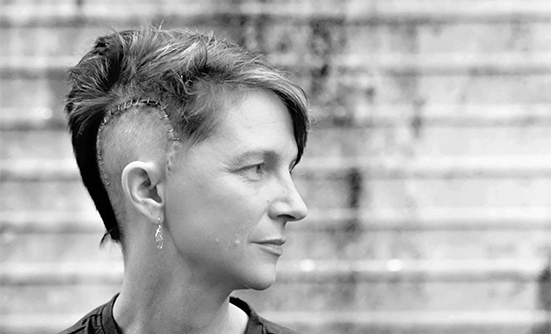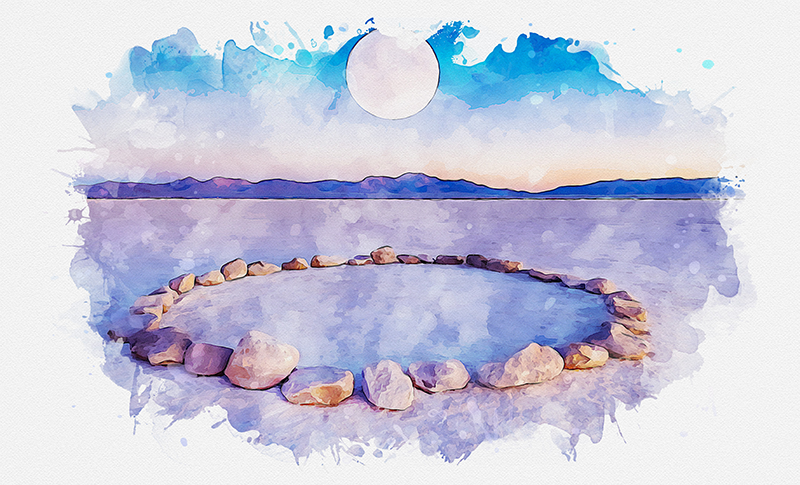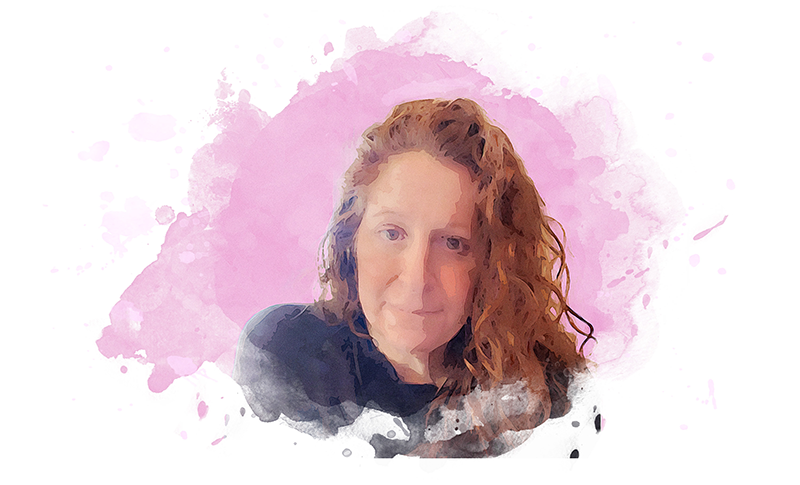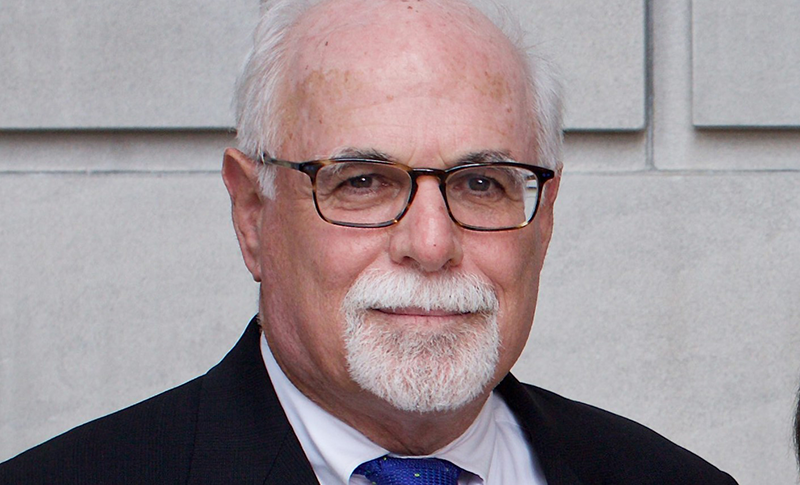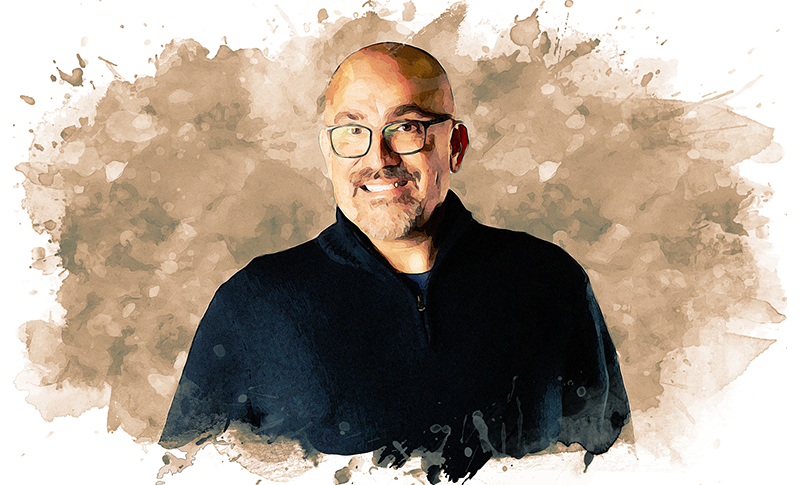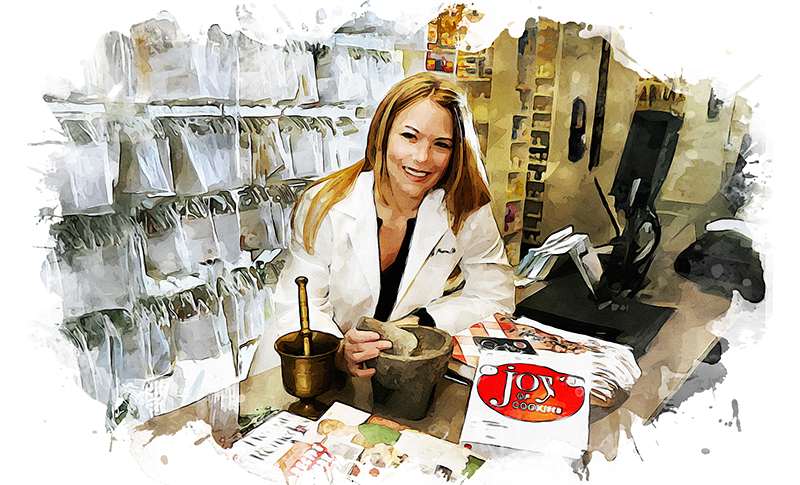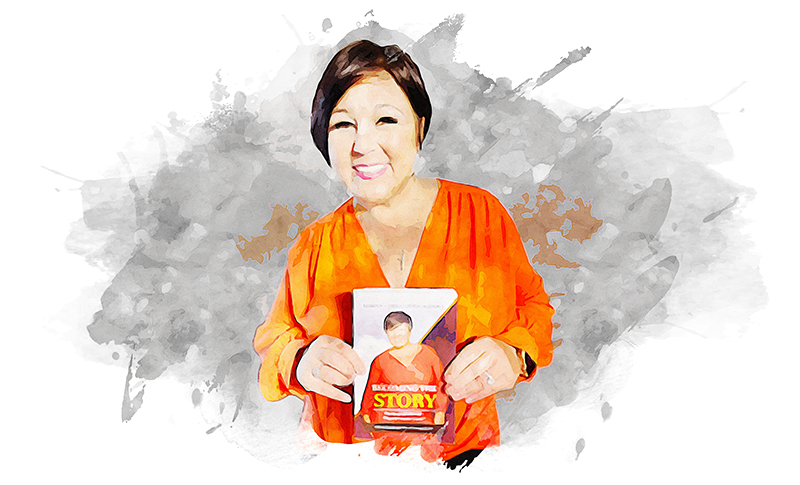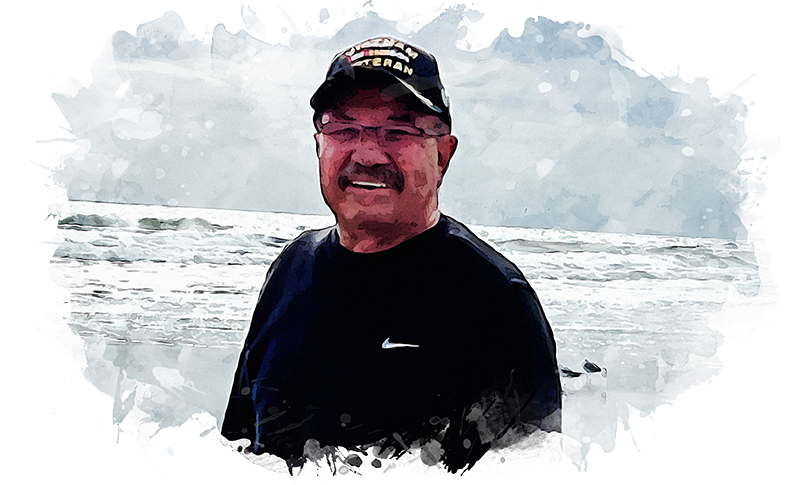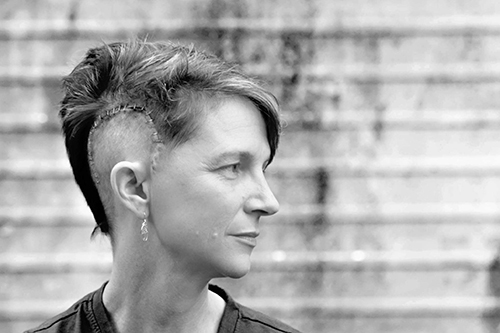
I am compassionate, caring, and have great empathy for anyone going through cancer. I am an oncology nurse, so it would make sense that I have that type of empathy toward patients.
My level of understanding changed drastically on August 1, 2017, when my colleague turned oncologist called to say, “You have a lesion on the right side of your brain, which is why you are having headaches.”
What? I hear this and think. “Wait—me?” What is a lesion? He must mean I have a brain tumor! He says he believes that it may be benign at this point, but a craniotomy (brain surgery) is inevitable to be able to keep living.
After a total resection (removal of the tumor by surgery), my diagnosis is grade III anaplastic astrocytoma, a rare type of brain tumor. Not benign, but rather malignant and progressive. I do not want to do a bunch of things before I die, like a bucket list. I want to do a bunch of things that have meaning to me while I live.
The Patient’s Perspective
Since that day, I think like a patient first, and then like a nurse, when I am interacting with other patients. After all, we are in this together now. There was no way I could have understood the gripping fear of surgery, chemotherapy, and radiation without actually experiencing, as a patient, all the shared difficulties—physically and emotionally.
The months of treatment have profoundly changed me as a woman and as a nurse. I learned whom I could text late at night, when my mind and surfing on the Internet got the best of me. I also learned that it is okay to be happy, angry, sad, or scared, and that grief is fluid.
After brain surgery and 1 year of treatments, I traded in my infusion and clinical-nursing shoes to become an oncology nurse navigator. I became a personal walking, talking survivor of brain cancer. This role fulfills me and helps me be the nurse I want to be for my patients, allowing me to be myself, while helping others navigate what seems impossible—the most terrifying journey most people will ever endure.
Scanxiety
My treatments ended in October 2018, but I will undergo brain imaging every few months, indefinitely. My second post-treatment MRI was due in March 2019, which came back clear: no evidence of disease. My next scheduled scan is this June, then September, and so on.
I have read about the term “scanxiety,” which I found while reading at work about lung cancer. Scanxiety is a word used by cancer survivors to express the anxiety they experience before the next scan.
I now think this word makes sense, because the majority of cancer survivors have some level of fear of cancer recurrence. I am not embarrassed to admit that my fears do come up before any scan, but I am acutely aware that I must comfort myself the way I would comfort any other patient.
We cannot spend our beautiful lives worrying about what may happen or recur. I am not just saying this anymore; I now know it! I am now eager to help patients with the psychosocial side of a cancer diagnosis, whereas before my diagnosis I used to focus on the physical side for the most part.
Emotions are what my patients are eager to share, and what I find challenging as a recent survivor myself. While they talk and I listen, I find myself choking back tears at times, waiting until I drive home to let them fall. But I will cry and laugh with patients, if that is what they need at any point in their journey. I meet them where they are emotionally, with each interaction. I find this rewarding and exhausting, as well as mutually healing.
Family and Caregivers
Sometimes, I am not sure if being a nurse makes it easier for me to cope with the seriousness of the situation, or if it makes it scarier. I do know that I am able to laugh with my family now, instead of feeling that I must be the caretaker, or the one trying to comfort them all the time.
My family has been through it all with me, especially my husband of 35 years, whom I would sometimes catch crying when he did not think I was paying attention. This is another change I have applied in my nursing practice: take a good look at the caregivers. They may be trying to keep it all together when they are feeling just as terrified as the patient. Cancer happens to everyone in the circle—family, friends, and especially significant others.
You really find out who will reach out to you, and whom you can lean on. I have learned this fact, and I now educate other patients that everyone in your life will handle your diagnosis differently. Just know that each person in your life has to process it in his or her own way, and no way is wrong. Everyone is doing the best they can to survive along with you.
Living in the Now
In so many ways, my brain cancer diagnosis has made me stronger and, I hope, more lighthearted. I tell my children and grandchildren, “Hey, I’m here today, so let’s have fun!” I know this reality is hard for my children, but I cannot live my life without acknowledging my feelings.
It is okay to be a nurse and help others, as long as I am able to speak honestly about my own cancer diagnosis. Statistically, my chances of surviving 5 years is about 30%, based on my age of 54. I know my husband and my children looked this up, too, but I am showing them that by nursing, hiking, and going to yoga classes, I am living.
When I make a special meal, or take moonlight walks with the grandchildren, I am living. When I laugh, cry, or even get angry occasionally, I am living.
I am grateful to the neurosurgeon, my radiologist, oncologist, and every other person at the cancer center where I received treatment, but most of all I am grateful for the patients with whom I share a unique bond.
The Cancer Bond
This cancer bond is real, and my patients know that their nurse does “get it,” which helps me in my journey—to just live and try not to worry about what may come.
I often find myself thinking that cancer is not the worst thing I have ever experienced, but just may be the most deeply meaningful way I have ever bonded with others.
Being an oncology nurse navigator and a patient allows me a connection with my patients that I can only hope eases their fears and helps them with the overwhelming burden that comes with navigating cancer.




